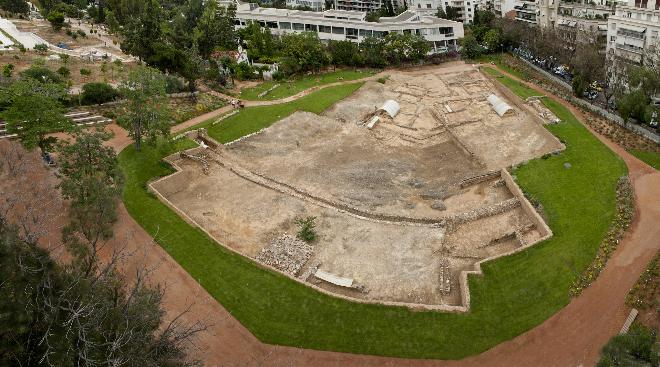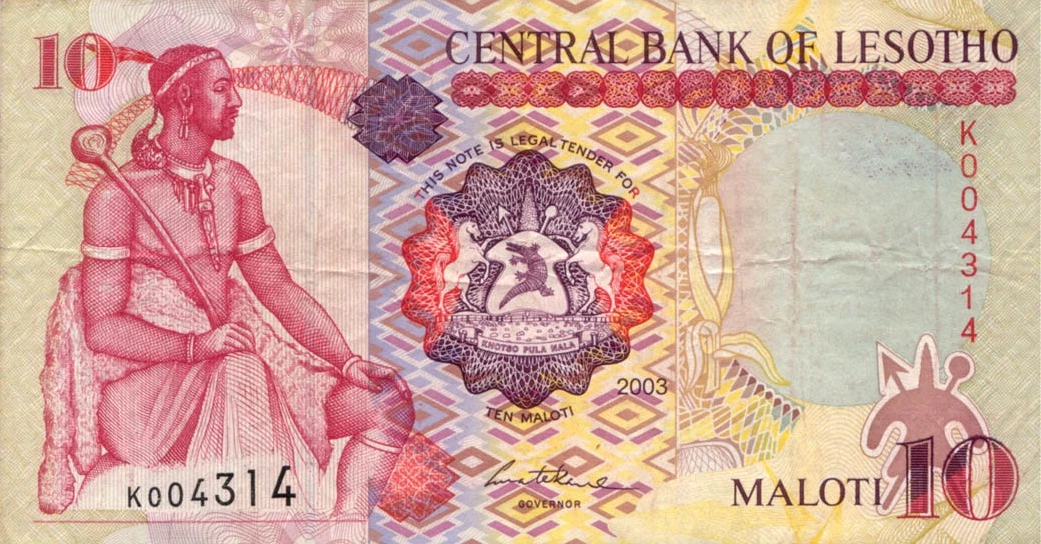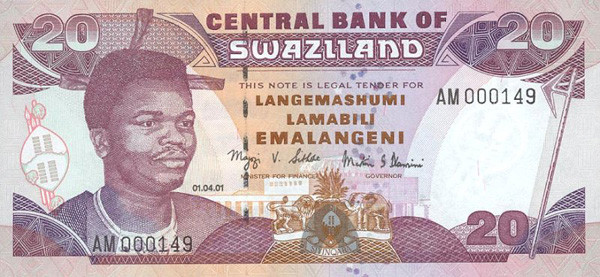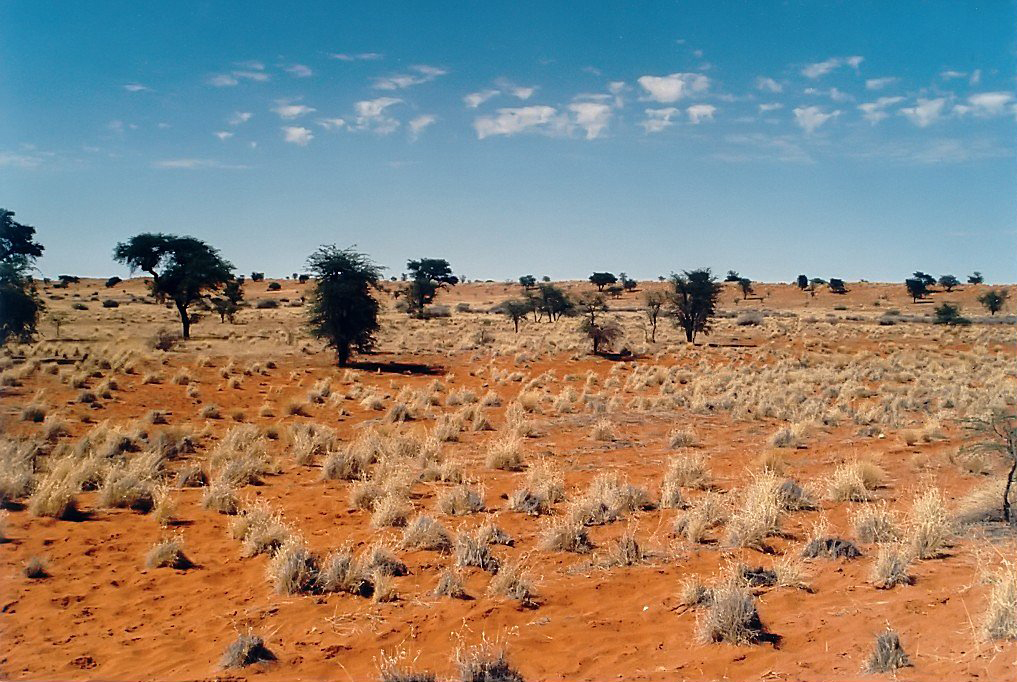This week over on @HaggardHawks, this intriguing little fact popped up:
Write out the names of all 118 chemical elements currently known to science, and you’ll never use a single letter J.— HaggardHawks Words (@HaggardHawks) September 17, 2015 As a couple of diligent followers pointed out, yes, we’re only talking about English here. And yes, Q is also entirely absent from all 118 names. And, in case you’re wondering, there are Zs in zinc and zirconium, and Xs in xenon, oxygen and ununhexium (at least until it was renamedlivermorium in 2012).But with the New Scientist Twitter feed now seemingly muscling in on HaggardHawks’ patch (I can sense the geekiest showdown in Internet history brewing already), now seems like the perfect time to spread our wings and try a little bit of science ourselves—albeit from a dictionary-orientated viewpoint.
So. All this talk of chemical elements raises an interesting question: why is it aluminium in Britain, and aluminum in America?
There’s an old story that claims a sizeable shipment of aluminium was once imported into the United States from Europe, but when it was recorded in the logbook of the port it arrived at, it was misspelled aluminum by the local harbourmaster (or harbormaster, as the case may be). It’s a neat story, but a fairly unrealistic one—would a mistake like this really be enough to alter the spelling of a word in an entire geographical variety of English? It’s unlikely. Is this tall-tale probably a complete fabrication? That’s very likely. So what’s the truth?
Well, like a lot of the perceived differences between British and American English (we’re looking at you, zed vs. zee), things here haven’t always been as clear cut as they are today. Brace yourselves, then—here comes the science bit.
Minerals containing aluminium have been known and used since antiquity, but it wasn’t until the late eighteenth century that scientists began to realise that alums—naturally-occurring aluminium minerals, once used to do everything from dressing wounds to dyeing fabrics—all contained some kind of as-yet undiscovered base metal. This metal was tentatively given the name alumine by the French chemist Guyton de Morveau in 1761, but it wasn’t until 1807 that the great Sir Humphrey Davy used his newly-refined process of electrolysis to try to isolate it from its mineral source.
Although he failed, in writing up his experiments Davy nevertheless discussed this tantalizingly unobtainable metal in English for the first time. As his paper, published in the Royal Society’s Philosophical Transactions journal the following year, explained:
Had I been so fortunate as to have obtained more certain evidences on this subject, and to have procured the metallic substances I was in search of, I should have proposed for them the names silicium, alumium, zirconium and glucium.
Confusingly, Davy’s list of the metals that eluded him—silicium (now silicon), alumium, zirconium and glucium (now beryllium)—means that the earliest written record we have of in English is spelled neither aluminium nor aluminum. That was until 1812, when Davy published a book cataloguing all of his discoveries to date, in which he stated:
This substance [alum] appears to contain a peculiar metal, but as yet Aluminum has not been obtained in a perfectly free state, though alloys of it with other metalline substances have been procured sufficiently distinct to indicate the probable nature of alumina.
This appears to give the American spelling aluminum the edge—but, confusing things further, there’s this:
The result of this experiment is not wholly decisive as to the existence of what might be called aluminium and glucinium.
This final quote comes from an 1811 review of a lecture given by Davy at the Royal Society in London two years earlier. Whether he himself had used the name aluminium in his lecture or whether it was the reviewer’s name of choice is impossible to tell, but one thing is clear: Davy, it seems, couldn’t make his mind up—and he was by no means alone.
While Davy’s original spelling alumium quickly dropped out of use, in the years that followed his experiments the names aluminium and aluminum were used interchangeably in both British and American literature, as well as by Davy himself. And all this confusion wasn’t helped by the fact that, because isolating aluminium was proving so problematic, the metal itself remained astonishingly scarce. In fact, for much of the nineteenth century aluminium was one of the rarest and most expensive metals in the world: in the 1850s, Emperor Napoleon III of France reportedly had a set of cutlery cast from aluminium that he reserved for only his most important guests, while everyone else had to make do merely with gold. The need to mention aluminium in print consequently remained small, and so a standardized form of the word failed to emerge.
 |
| Napoleon III: Expensive tastes, exceptional moustache |
When Noah Webster published his American Dictionary of the English Language in 1828, however, the only spelling that made his final cut was aluminum; because aluminium was still so rare at the time, it’s possible that Webster’s preference for aluminum was an attempt to ally it more closely to the word platinum, another equally rare and equally precious metal. Back in Europe, meanwhile, the trend drifted the other way: the Latin-inspired –ium endings common to many of the other recently-discovered elements (including a number of those isolated by Davy’s more successful experiments) led to the spelling aluminium steadily gaining ground among classically-educated scholars in Britain.
The breaking point, however, eventually came from the unlikeliest of places—behind a shed in the garden of a family home in northern Ohio.
The breaking point, however, eventually came from the unlikeliest of places—behind a shed in the garden of a family home in northern Ohio.
In the early 1880s, an American chemist and inventor named Charles Martin Hall began experimenting with samples of alumina—solid aluminium oxide—to find a cheaper method of producing pure aluminium. Having constructed his own coal-powered furnace in his family’s garden in Oberlin, Ohio, Hall came up with a process in which alumina is dissolved in a bath of molten cryolite (a pale, quartz-like mineral), which is then electrolysed to produce a pool of pure molten aluminium at the bottom of the tank.
For the first time in history, Hall’s method—which was simultaneously discovered by the French chemist Paul Héroult, and is hence called the Hall-Héroult Process—allowed aluminium to be mass produced; within a matter of years of his process being patented in the United States, pure aluminium was reportedly 200 times cheaper than it had ever been before.
Although Hall used the spelling aluminium when filing the patent for his process, in his advertising and promotional material he opted for Webster’s spelling of aluminum. As his business grew, and as his technique for producing pure aluminium became more widespread, this meant that aluminum steady established itself as the preferred spelling in North America, while the classical –ium ending remained in place back in Britain—and it’s a distinction that has remained in place ever since.
Right. That’s more enough time in the lab for us. Now back to the library…
Right. That’s more enough time in the lab for us. Now back to the library…

































